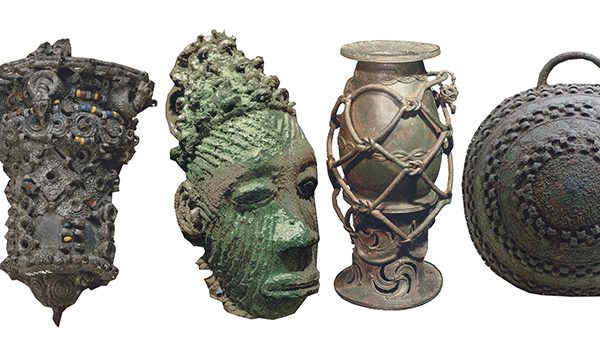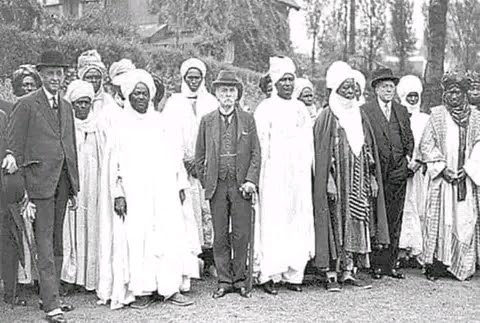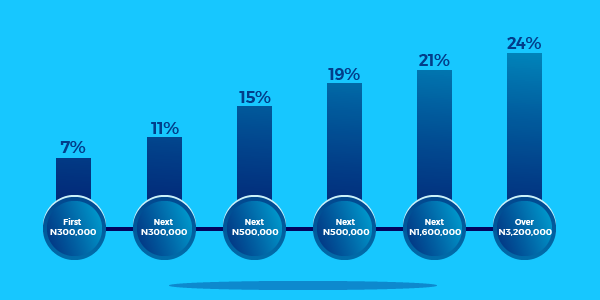
The Igbo Ukwu Civilization: An In-Depth Exploration
The Igbo Ukwu civilization, uncovered in southeastern Nigeria, represents one of the most significant archaeological discoveries in West African history. This ancient society, thriving from the 9th to the 15th centuries AD, is renowned for its advanced bronze craftsmanship, intricate metalwork, and sophisticated societal organization. Through the detailed study of its artifacts and burial practices, we gain invaluable insights into the cultural, technological, and social achievements of the Igbo Ukwu people, challenging conventional narratives about the development of complex societies in Africa and enhancing our understanding of the continent’s rich historical tapestry.









